GCUS Vascular Interpretation RPVI Registry Review 2023 – OC-RPVI231 (Videos+Quiz)
$525 Original price was: $525.$70Current price is: $70.
21 MP4 + 9 PDF Quiz files , 12.07 GB
The Vascular Interpretation & RPVI Registry Review Online Course is a comprehensive review for those planning to take The Alliance for Physician Certification and Advancement (APCA) Registered Physician in Vascular Interpretation (RPVI) Certification Exam, a credential required to be eligible for the American Board of Surgery’s Vascular Surgery Qualifying Examination. This online course is in a modular, interactive format and includes comprehensive lectures presented by expert faculty covering a variety of concepts that will improve vascular imaging interpretation and deepen understanding of diagnostic criteria. Concepts covered include Physics, Carotid Imaging, TCD Exams, Abdominal Aorta & Endograft Imaging, Abdominal Visceral Duplex, Peripheral Arterial Testing (Direct & Indirect), Peripheral Venous Testing (including insufficiency), QA, Safety & Bioeffects. The online course integrates 135 interactive case presentations, and provides a log of completed cases of which 100 can be used to meet the APCA Clinical Vascular Ultrasound Experience prerequisite. Additionally, the online course includes four mock examinations to simulate the certification exam experience.
OBJECTIVES
- Increase the participants’ knowledge and competence to perform/ interpret vascular ultrasound examinations and/or successfully take the RPVI certification exam.
- Analyze Doppler/Color physics factors that affect optimal Doppler examinations and commonly seen Doppler/Color artifacts, which may affect diagnostic accuracy.
- Recognize normal/abnormal imaging, spectral Doppler and Color Doppler findings seen with carotid, peripheral arterial, and venous disease.
- Cite the role of indirect testing in the evaluation of lower extremity arterial disease.
- Apply diagnostic criteria for evaluation of carotid, peripheral venous and arterial disease.
- Interpret complex carotid and peripheral vascular case studies in an interactive interpretation session format.
- Recognize normal/abnormal imaging, spectral Doppler and Color Doppler findings seen with abdominal visceral (renal, mesenteric, and hepatic) evaluations.
- Recognize ultrasound findings associated with aortic endograft leaks.
- Differentiate normal and abnormal spectral Doppler characteristics associated with dialysis access graft evaluations.
- Integrate the key diagnostic elements into a structured report.
- Increase confidence to incorporate protocols, techniques, and diagnostic criteria to improve diagnosis/treatment accuracy.
TOPICS
- Hemodynamic Principles and Doppler Fundamentals
- Instrumentation: Transducers, Imaging Modes, and Artifacts
- Normal Carotid Anatomy, Waveforms, and Scan Protocol
- Abnormal Carotid Waveform: Characteristics & Diagnostic Criteria
- Abnormalities of the Vertebrobasilar System & TCD
- Integration of Data: Carotid Interpretation and Reporting
- Abdominal Aorta and Aortic Endografts
- Peripheral Arterial: Indirect Physiologic Exams and Arterial Duplex/Color Flow Imaging
- Arterial Grafts and Intraoperative Duplex/Color Flow Imaging
- Arterial Assessment: Upper Extremities
- Abdominal Visceral Duplex: Renal, Mesenteric & Hepatic
- Peripheral Venous: Protocols and Methods to Detect DVT
- Venous Insufficiency and Physiologic Testing
- Venous Imaging: Upper Extremities
- Quality Assurance, Safety and Bioeffects
- Interactive Mock Exams
- 135 Interactive Carotid, Peripheral Arterial, Peripheral Venous, and Abdominal Aorta & Visceral Case Studies (log of case studies provided upon completion)
Date of Original Release: 7/17/2023
Only logged in customers who have purchased this product may leave a review.
Related products
PDF ,
PDF , File Size = 75.90 MB
Publisher PDF , File Size = 212.00 MB
PDF ,
PDF ,
PDF , File Size = 89.60 MB
Cardiology
Diagnostic Medical Sonography: The Vascular System 3rd (Diagnostic Medical Sonography Series)
PDF , File Size = 181.00 MB
PDF , File Size = 42.00 MB

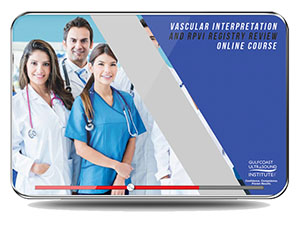
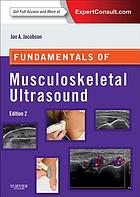
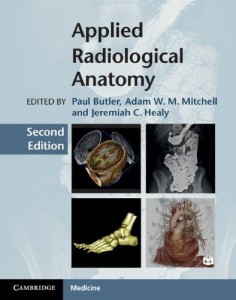
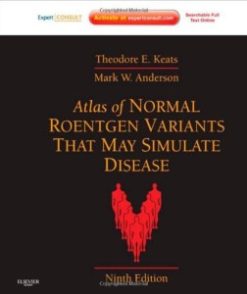
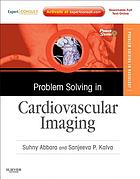
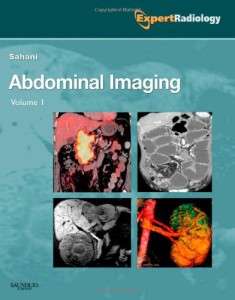
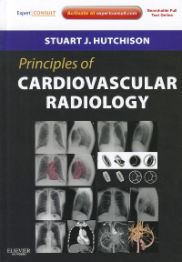
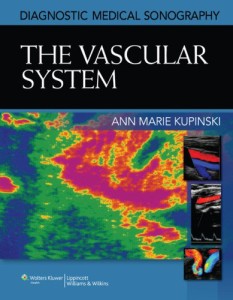
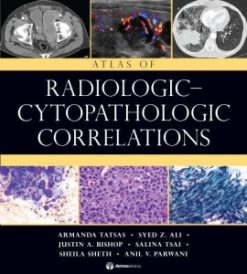
Reviews
There are no reviews yet.